Understanding treatments and outcomes in hospital and critical care
The information on this page is also available here as a downloadable PDF, including links.
PLANNING YOUR CARE IF YOU ARE DIAGNOSED WITH COVID 19 (CORONAVIRUS INFECTION)
This guide prepares you to consider care settings you might need if you have suspected or diagnosed COVID-19.
Planning ahead and talking about your treatment wishes and preferences is important. If you do it is more likely that everyone involved in your care will know what treatments you do, or don't, want.
We know that these conversations can be difficult. We understand that you may not feel able to discuss this. That's OK. Your doctor, nurse, family and close friends may be able to help talk about it. Just ask.
Some patients with COVID-19 become too unwell to make their own health decisions. Planning ahead before that occurs can ensure that any treatment decisions fit with your wishes.
This guide outlines treatments that are given in intensive care (also known as critical care) and how these treatments compare to treatments on the ward in hospital or in a setting such as in your own home.
Some facts about COVID 19 and Critical Care
Most people with COVID 19 infection are treated at home. They require no specific treatment. The latest NHS advice on COVID 19 is here.
Some people with COVID 19 have more severe symptoms. The most common serious symptom is difficulty with breathing. Some of these patients will need to be treated in hospital.
Treatment in hospital includes oxygen through a facemask. Other treatments may also be given. For example, treatment with steroids helps more people with severe COVID 19 to survive the illness.
Some hospital patients will get worse despite these standard treatments. These patients may be considered for a move to a critical care ward. These wards provide advanced patient support. This can be for breathing. The critical care wards also support other body functions whilst the illness runs its course.
Treatment in critical care wards can include giving oxygen through a tight-fitting mask or hood. It can also include giving medication to keep patients asleep if they need to be on a ventilator. This is called CPAP (continuous positive airway pressure).
Who looks after you in Critical Care?
Treatment and care is provided by whole team including nurses, doctors, physiotherapists and dietitians. They are helped by many other staff.
For the safety of you and other patients your family may not be able to visit you on critical care. It may be possible for you to keep in touch on the telephone or via video calls.
What will happen if I am admitted to Critical Care?
The healthcare team treat you 24 hours per day. They work together to closely monitor your condition. They regularly review your treatment to see if it is making a difference.
We hope that the COVID-19 treatment you receive will be successful. We know that after critical care treatment you will almost certainly not be as fit as you were before the illness. This is more likely if you are already frail or have other illnesses. We hope that you return to a quality of life that is acceptable to you. There is more information on recovery from critical illness below. There are some helpful critical care videos here that give you an idea of what to expect. There are also some helpful animations here in Bengali, Hindi, Polish and Turkish.
How successful can I expect Critical Care treatment to be?
Some people do not survive COVID-19. Approximately 25-40% of people who come to critical care will die there. This is more likely if a person is frail or has other medical conditions.
How long would I need to be treated for?
Patients admitted to critical care with COVID-19 spend an average of 10 days there. After that they continue their care on the ward. This can be for a long period of time before they are discharged home.
Recovery can take a long time. Even for a young, fit patient physical recovery can take between three and six months. It can take longer. Emotional and psychological recovery can take up to a year.
Full recovery is much less likely to happen if a person is frail or has a number of medical conditions already.
You may never reach the same quality of life as you had before as there may be ongoing weakness, lung or other health problems related to COVID-19 and your critical care stay.
The following sites give some additional information on life after critical illness and the effects of COVID-19:
Are there any alternatives to Critical Care?
If you are offered critical care admission it is important that you understand the risks and benefits of it. It is also important that you express your choices and what matters to you.
Critical care can only be offered on a critical care ward. Critical care treatment is very hard for patients. Not all patients survive. The patients that do survive often take months or years to recover. Some patients never fully recover to a quality of life that is acceptable to them. For these reasons some patients choose not to accept critical care admission if it is offered.
If you do not wish to accept critical care your healthcare team will still look after you. You will still receive treatment aimed at helping you to recover from COVID-19. You will still receive treatments like oxygen and steroids. The team would also aim to relieve suffering from symptoms and keep your dignity. You will receive those on the ward.
Sometimes patients will deteriorate despite treatment. If it becomes clear that you are reaching the end of your life your treatment will still be given to keep you as comfortable as possible.
What do healthcare teams need to consider?
Your healthcare team consider three key factors. First, is how healthy you were before your COVID-19 illness? Second, is how unwell you are with the COVID-19 illness? From this they will work out what treatments to offer you. They will then consider the third key factor when planning your treatment: your wishes. To do this they will want to discuss the options with you wherever possible. You might want to think about:
What are the health care settings where I might receive treatment and care?
What are the pros and cons of each of these for me?
How do I get support to make a decision that is right for me?
COVID-19 and Research Studies
Since the start of the COVID-19 pandemic several UK research studies have been developed. These are to examine the effectiveness of both treatments and vaccines. Many patients in these studies have been from the UK. The aim of all the studies is to test the effectiveness and safety of potential treatments.
These research studies are important. So far, we know that steroids improve survival in oxygen dependent patients. We also know that drugs such as chloroquine and hydroxychloroquine are ineffective. Current research studies include REMAP-CAP and RECOVERY. The NHS also provides information about clinical trials.
Long Term Health conditions
The guidance on this website has been created with specific reference to COVID-19 to help you plan your care and preferences for treatment if you have suspected or diagnosed COVID-19.
If you have long term health considerations, the following may also help you work through some additional considerations should you wish to. This is particularly relevant in relation to considering your views.
www.Healthwise.org (or https://www.healthlinkbc.ca/health-topics/tu1430#bo1073) is a Canadian website. It contains some useful tools and ways to help you consider your own decisions but it does have some differences to care provided in the NHS.
The following animation from Macmillan Cancer Support may also be of interest. It can be found here.
Living Wills
An advance decision form (sometimes known as an advance decision to refuse treatment, an ADRT, or a living will) lets you refuse any medical treatments that you do not want to be given in the future. You can access an online form and guidance here.

